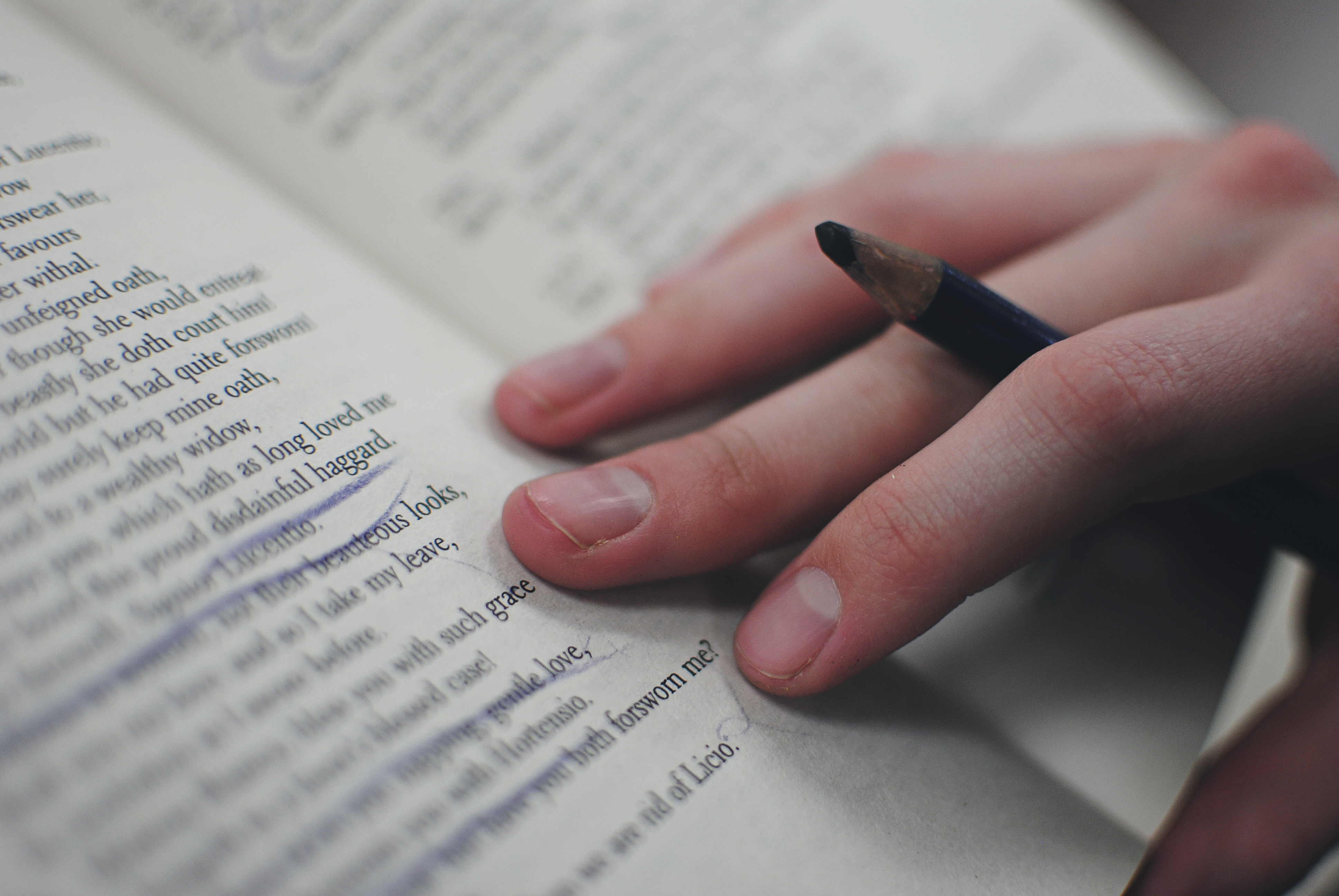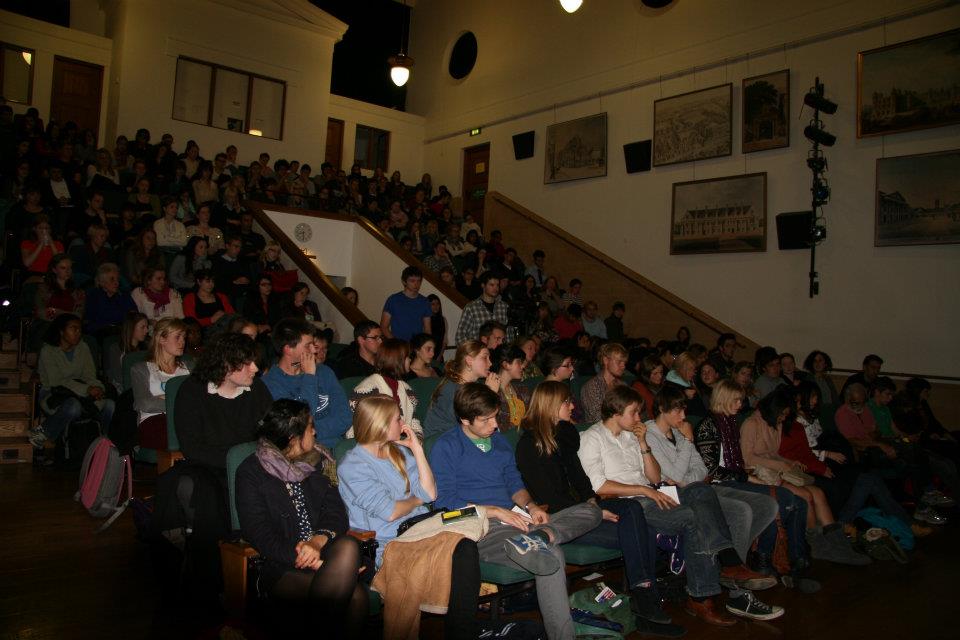
Shakespeare and Shoes
As a schoolboy in Cape Town in the 1960s, I lapped up books by the American satirical writer, Richard Armour, the author who once reminded us that libraries are “places where you lower your voice and raise your mind”. Although the racially-segregated libraries of apartheid South Africa symbolised a sort of abattoir of the intellect, their collections still contained some sparky volumes which fed adolescent male cravings for low-minded distraction—provided, that is, that they were not Henry Miller’s erotica or the even more risqué novels of John Updike.
My local suburban branch of the city’s public libraries had a fat selection of Armour’s wonderfully inventive parodies, such as It All Started With Eve and It All Started With Columbus. My greatest find, however, was his 1957 Twisted Tales from Shakespeare. Posing such zany questions as, “who was the greatest chicken-killer in Shakespearean tragedy? Macbeth, guilty of ‘murder most foul’”, Twisted Tales became an absolute favourite, borrowed repeatedly to be re-read and virtually memorised.
Doomed in later years to wither into professional history, in the mid-1990s I ended up as a research visitor in Oxford through the generous office of the late Dr Stanley Trapido of Lincoln College. While working in the Bodleian Library that summer, one day I grew utterly bored by the post-World War One correspondence between Robert Bridges, the poet laureate, and the prominent South African soldier-politician, Jan Smuts. There was only so much that one could take of reading letter exchanges over how to bring about “a spiritual regeneration” of “European society” and “the white race” after the cataclysm of the Great War.
I needed an antidote, but what? It came to me in a sudden flash of nostalgia. The last time I had snorted through something by Richard Armour had been around 1970. That branch library had vanished years ago, along with his long out-of-print books. But this was the Bodleian—where better to look for a writer who had become lost but never entirely forgotten?
Pricked by curiosity, I wandered off to check if the university library contained any of Richard Armour’s old works. Sure enough, it did. There they were, including not only his crazed history of America, It All Started With Columbus, but even the quaint scholarly encyclopedia, The Academic Bestiary. This was honey to a bored bee. I duly padded off to the shelves in my damp socks as my shoes had got soaked while splashing down Broad Street through a heavy shower. It was June in England after all. I had removed the shoes and left them under my chair.
When I returned about an hour later, I discovered that my sodden shoes had disappeared. After a while, I gave up trying to find them. Presumably some student clever clogs had decided to teach the wearer to be more careful with their personal belongings. My eventual and embarrassed reporting of the loss to library staff was met with polite incredulity. Their indifference was probably understandable, for what libraries worry about losing are books, not shoes. Still, the Bodleian had provided nostalgic compensation in the form of a Twisted Tales version of Lady Macbeth, “who rubbed her hands with glee (a popular Scottish soap of the time)”. My only price was that of having had to wash my feet of shoes, a rather natty pair of Clarks Polyveldts.
Photo credit: Flickr







